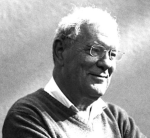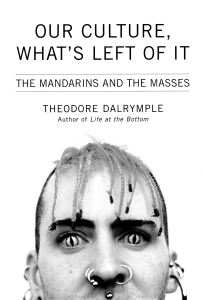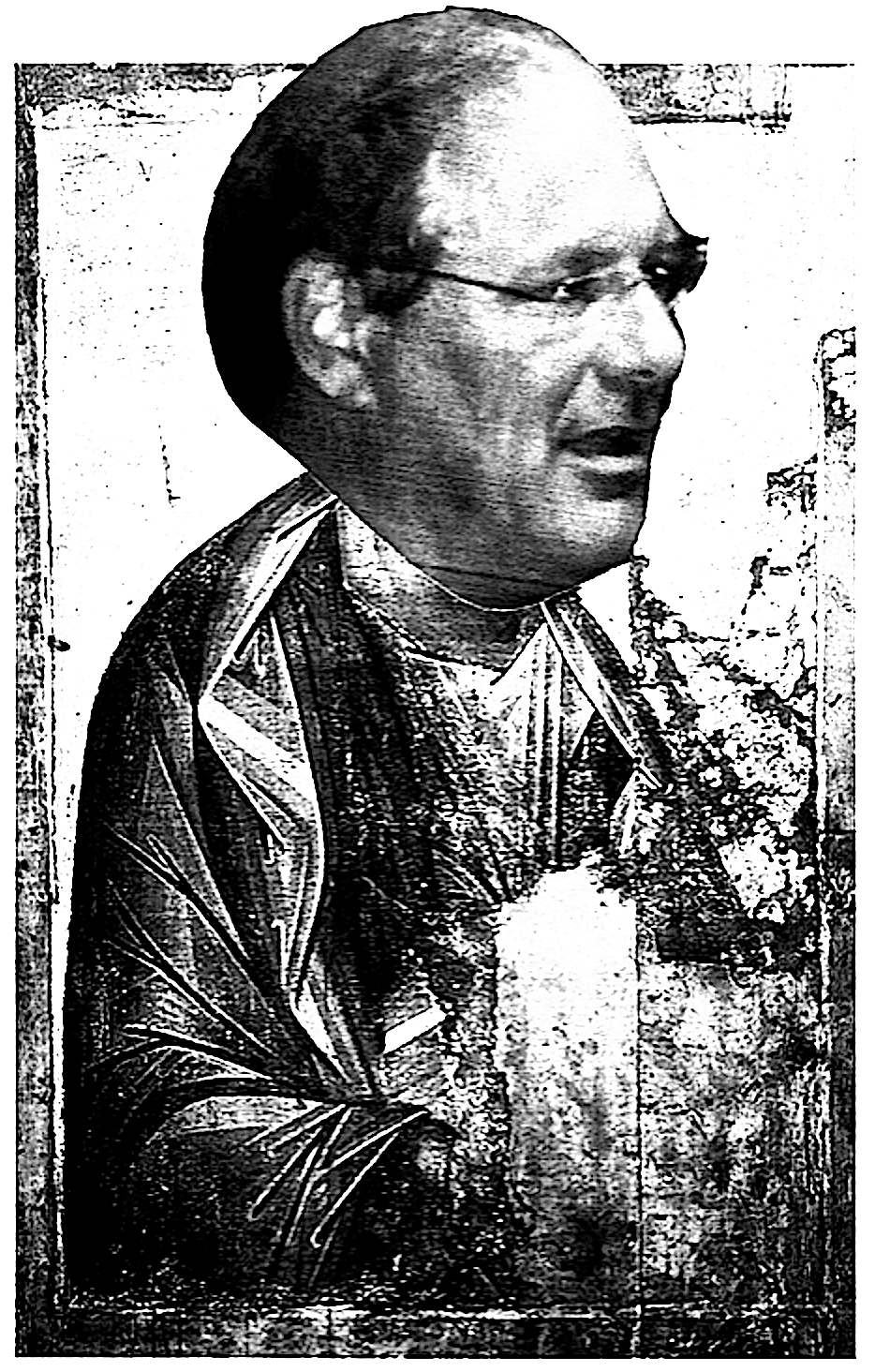Survival in the woke era
Ideologists, writes Dalrymple,
are inherently totalitarian, especially when a still small voice tells them that their opinions are vulnerable to criticism. Shrillness becomes the mental white noise with which they drown out their doubts.
They cannot allow any corner of the world to escape their attention. Uniformity
will demonstrate their correctness and, if it lasts long enough, make criticism unthinkable. As the white noise of shrillness once did, perpetual silence will allay their doubts.
He points out that surrender by the likes of you and me to the ideological folly
is wrought by cowardice and, slightly less dishonourably, by boredom. What intelligent person wants to spend his life disputing evident absurdity? It would be tedious to have to clear away this whole hinterland of psychological and sociological rubbish.
Dalrymple sets out two possible responses — other than outright opposition — to the Augean stable.
1️⃣ Go into inner emigration
Find a niche in which to get on with your life undisturbed by the surrounding idiocy and viciousness. Lay low. Take up an interest that flies below the ideological radar.
This method cannot be 100% successful, because the ideological monomaniacs demand not merely absence of dissent but proof of adherence, for example by signing up to policies on equality, inclusion, and diversity. By signing up to such self-contradictory nonsense, you who seek inner emigration feel soiled; you have undermined your probity. But at least, or so you hope, you will be free of interference.
This hope is usually dashed. The ideologist always comes back for more self-abasement: today it is transgenderism, tomorrow it will be — what? The glories of incest, the social necessity and benefit of infanticide? It does not matter: the aim is not improvement, it is the exertion of power, for one of the cultural or psychological characteristics of the age, at least among the educated, is the belief that, in human relations, everything is a matter of power and only power counts or is to be trusted.
2️⃣ If you can’t beat ’em, join ’em
Join up to the new secular religion.
Since you are not an out-and-out villain or opportunist, you have to persuade yourself that you believe the tenets of the religion. As is often the way with converts, you become a fanatic, not merely to persuade yourself, but to expunge your wicked past in which your were not a believer and were quite possibly a mocker.
Management, Dalrymple notes, is a little like a religion. Joining management has a terrible effect on professional people like you who previously had seemed good and sensible. Within weeks of being absorbed into management, though you may well have sworn that you would never be co-opted, you start to speak a strange hieratic language and claim to believe passionately in what you are doing, for example sacking people or closing down a department. You are like the Fore people of New Guinea, who used to eat their deceased relatives’ brains, becoming infected with a molecule called a prion that led to dementia and death, passing through a phase of fatuous laughter.
The prions of idiocy seem to have infected universities above all. The university tower is not so much ivory as a water tower that exerts pressure on the whole water system, and so university idiocy soon becomes political and social idiocy, of which only a certain amount can be withstood without severe damage and even collapse.
 Of course Dalrymple anthropomorphised his late dog. His dog was Dalrymple’s companion, Dalrymple was never lonely or unhappy in his dog’s company, Dalrymple loved his dog and believed that his dog loved him.
Of course Dalrymple anthropomorphised his late dog. His dog was Dalrymple’s companion, Dalrymple was never lonely or unhappy in his dog’s company, Dalrymple loved his dog and believed that his dog loved him.


















